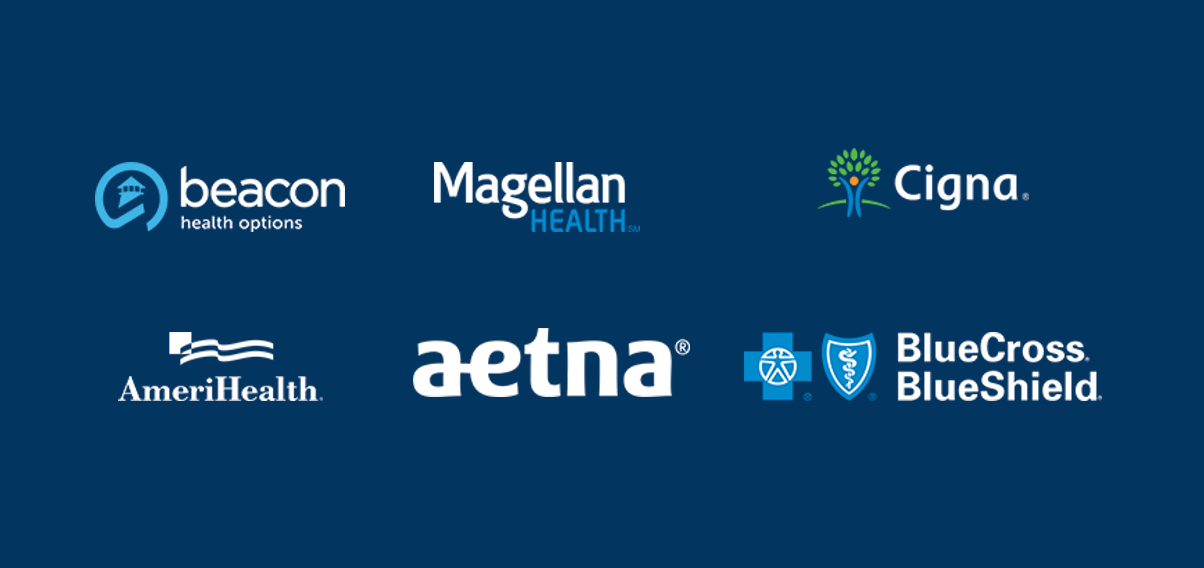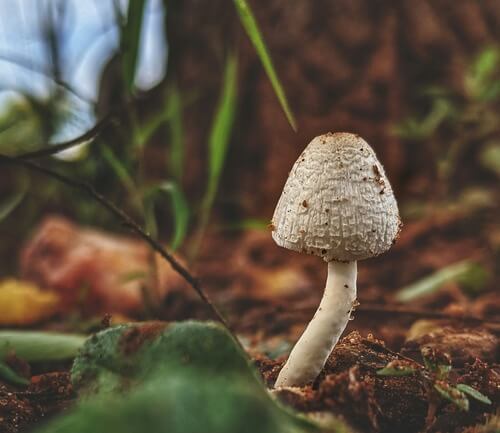The Sylvia Brafman Mental Health Center, located in the heart of Florida, is a leading provider of evidence-based depression treatment. We specialize in major depressive disorder and other mood disorders, offering a variety of treatment options tailored to each individual’s needs. Our center, nestled in beautiful Broward County and just a short drive from Miami, Fort Lauderdale, West Palm Beach, Boca Raton, Hollywood, Coral Gables, Key West, and Pompano Beach, is renowned for its exceptional care and commitment to patient well-being.
We understand that coping with depression can be a daunting task, which is why we’re here to help. At The Sylvia Brafman Mental Health Center, we believe in empowering our patients through comprehensive depression therapy, medication options, and support groups. If you or a loved one are experiencing depressive symptoms, don’t hesitate to reach out. We’re here to help guide you on your journey towards recovery. Whether you’re dealing with depression and anxiety disorder, or seeking more information about symptoms of depression, our dedicated team is ready to provide the support you need. If you are searching for “depression treatment near me”, don’t wait another day – call us today to learn more about our unique depression treatment programs.











